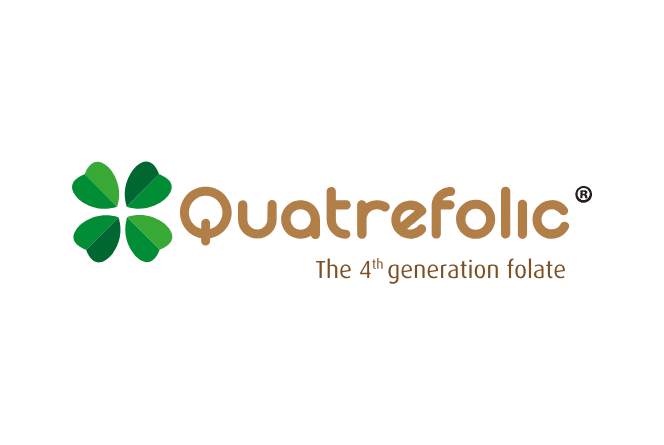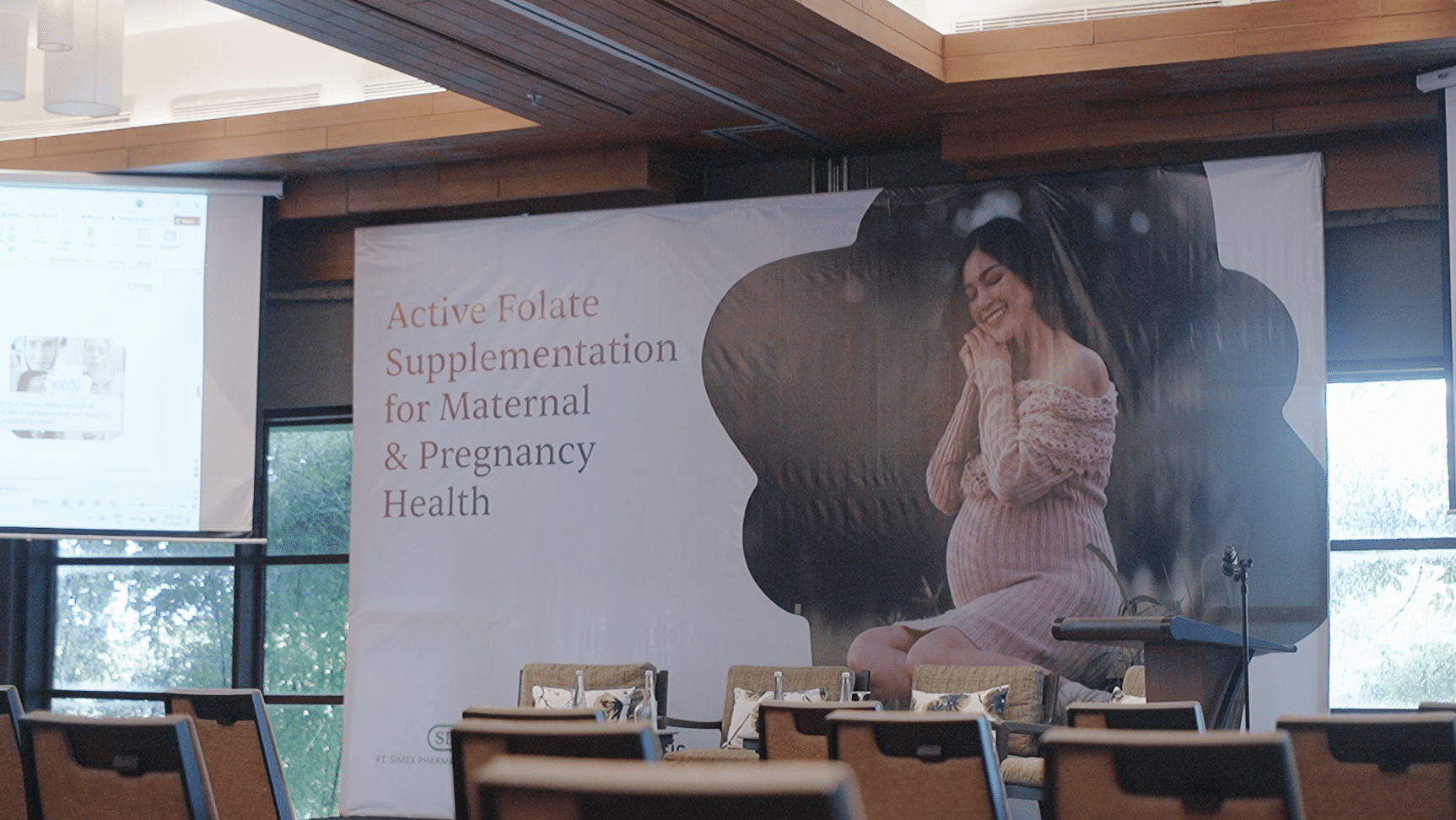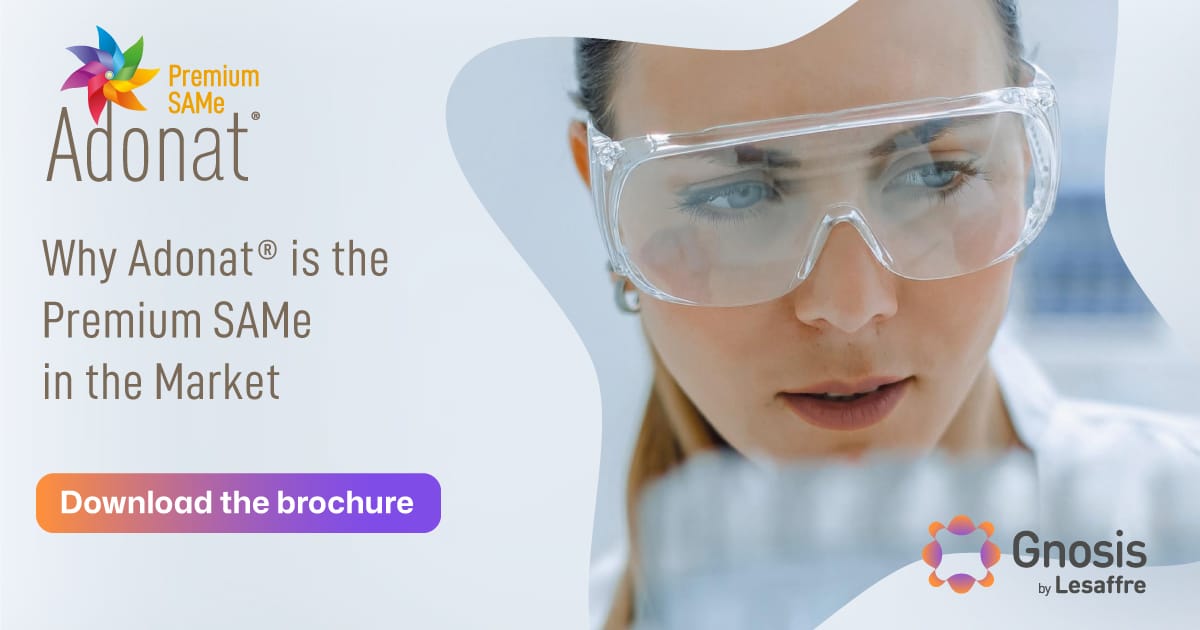Alzheimer’s Prevention And Treatment
US review paper highlights K2 specifically as a potential strategy for Alzheimer’s disease “prevention” while emphasizing the need for more clinical studies.
Oslo, Norway and East Brunswick, NJ (13 July 2021) – Nutrients published a review paper that examines the body of evidence connecting vitamin K2 to factors involved in Alzheimer’s disease (AD) pathogenesis, concluding that this demonstrates K2 as having the potential to slow the progression of AD and contribute to its prevention.
In the review, “Vitamin K2 Holds Promise for Alzheimer’s Prevention and Treatment” [1], researchers from the Harvard Extension School and Pacific Northwest University considered the antiapoptotic and antioxidant effects of vitamin K2 and its impact on neuroinflammation, mitochondrial dysfunction, cognition, cardiovascular health, and comorbidities in AD. In their review, they also “examine the link between dysbiosis and vitamin K2 in the context of the microbiome’s role in AD pathogenesis,” they write. “Our review is the first to consider the physiological roles of vitamin K2 in the context of AD, and, given the recent shift in AD research toward nonpharmacological interventions, our findings emphasize the timeliness and need for clinical studies involving vitamin K2.”
The incidence of AD has risen considerably in recent years, and AD remains a leading cause of chronic disability and death. As the most common type of dementia, AD affects an estimated 6.2 million Americans, a number that is projected to more than double by 2050. Yet the National Institutes of Health notes that correcting certain dietary deficiencies can attribute to the prevention or delay dementia caused by AD, and that what we eat affects the aging brain’s ability to think and remember.[2]
The Role of Nutrients in Cognitive Decline
“There is growing evidence for possible dietary risk factors in the development of AD and cognitive decline with age, such as antioxidants, omega-3s, dietary fats, and B vitamins. Moreover, research suggests that people with low levels of vitamin D are more likely to develop AD and other forms of dementia. We are gratified that Vitamin K2 is becoming a prominent part of this conversation, particularly as most of the world’s population expresses a K deficiency,” says Dr. Hogne Vik, ex-NattoPharma Chief Medical Officer. “A 2018 paper [3] connected aortic stiffness with an increased risk of dementia in older adults. By activating matrix Gla protein (MGP), vitamin K2 as MK-7 is the only compound to date shown to impact arterial calcification.”
“Ex-NattoPharma’s branded Vitamin K2, MenaQ7, is the only K2 on the market clinically proven to impact cardiovascular health through its activation of MGP, and the only K2 patented for cardiovascular health. But it has also been shown to be anti-inflammatory in human cells and act as an antioxidant, improving endothelial function [5],” Dr Vik continues. “There are 17 K-dependent proteins in the body, and we have a strong understanding of a few, which contribute to blood clotting, bone health, and cardiovascular health. These findings shine a light on the importance of continuing our research to articulate the health benefits of activating additional proteins, and the impact that can have on the global population.”
References:
- Popescu A and German M. “Vitamin K2 Holds Promise for Alzheimer’s Prevention and Treatment.” Nutrients. 2021,13,2206.
- https://www.nia.nih.gov/health/what-do-we-know-about-diet-and-prevention-alzheimers-disease
- Cui C, Sekikawa A, Kuller LH, Lopez OL, Newman AB, Kuipers AL, Mackey RH. “Aortic stiffness is associated with increased risk of incident dementia in older adults.” J Alzheimer’s Dis. 2018;66(1):297-306.
- Unpublished data
- Bar A, Kus K, et al. Vitamin K2-MK-7 improves nitric oxide-dependent endothelial function in ApoE/LDLR mice. Vascul Pharmacol. 2019 Aug 14: 106581. Doi: 1016/j.vph.2019.106581.
Deep Dive Into K2
Significant research shows vitamin K2 from natural fermentation – especially its key long chain isomers MK-7 – to be essential for bone and cardiovascular-health support.
Related News
-
All
-
Adonat®
-
Cardio
-
Corporate
-
Digestion & Gut
-
Download
-
Emothion®
-
Extrafolate®-S
-
ibSium®
-
LANDKIND® Pure Salidroside
-
LifeinU® BSCU1
-
LifeinU® L.rhamnosus GG
-
Lynside® Nutritional Yeasts
-
Lynside® Prebiotic Yeast
-
Lynside® S.boulardii
-
MenaQ7®
-
Mobility & Joint
-
Mood & Cognitive
-
MyCondro®
-
News
-
Noochy Crisp™
-
Quatreflora™
-
Quatrefolic®
-
Red Star®
-
Reproduction & Women
-
Science
-
Trends
-
Video
-
Vitamin K2
-
Wellness & Immune














